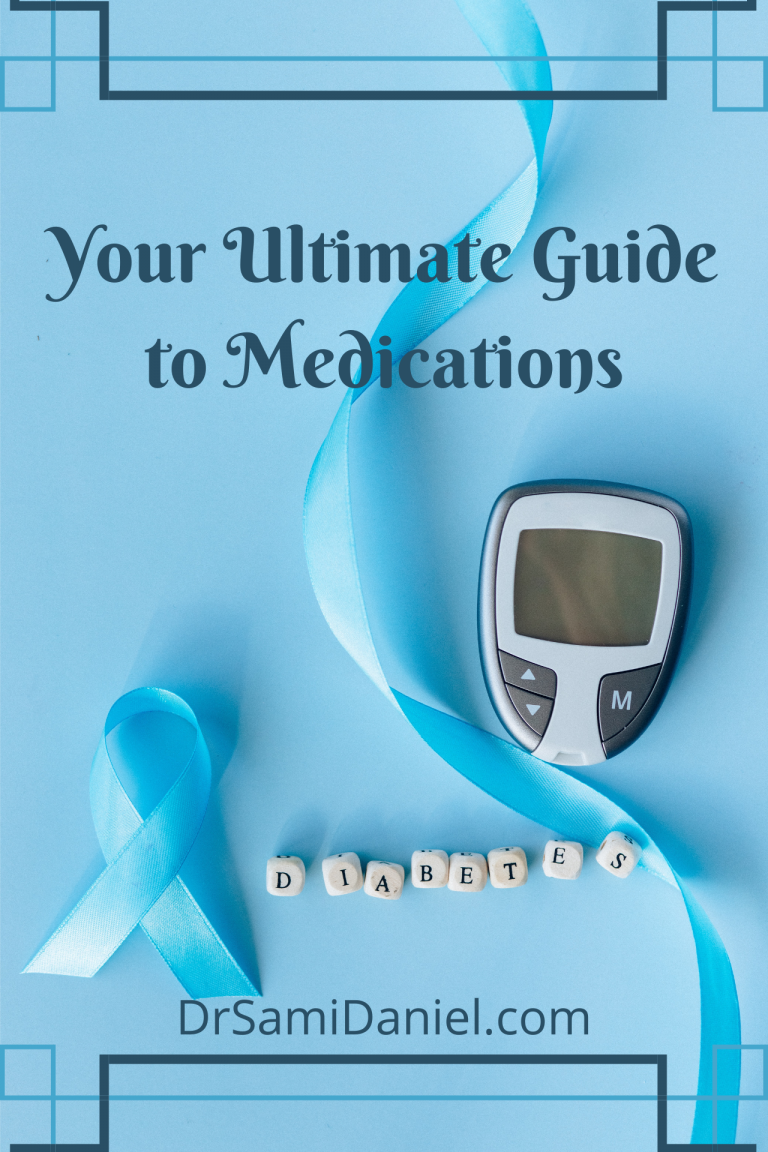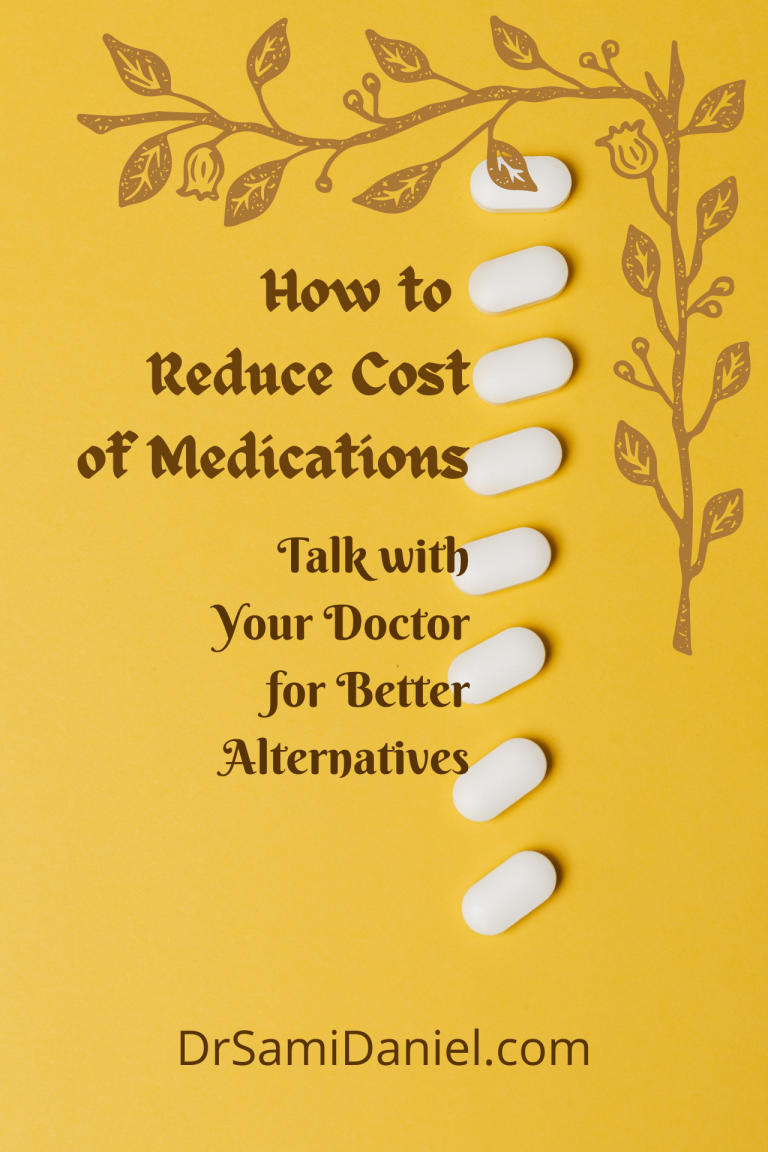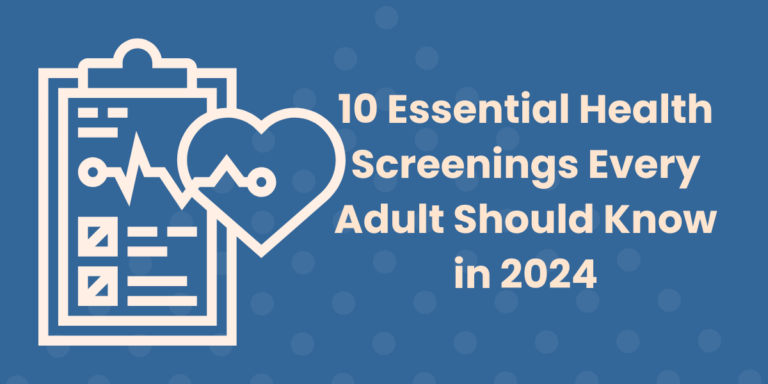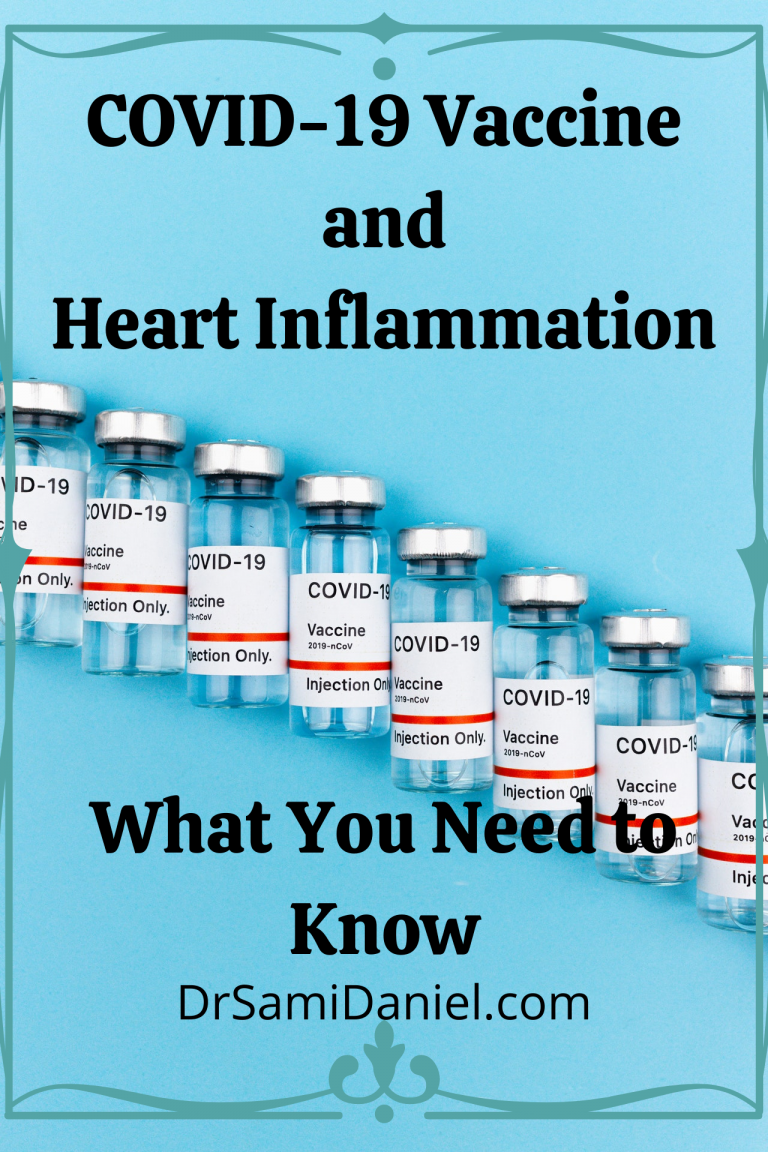What You Should Know About Antibiotics
You go to bed one night feeling just a little bit more tired than usual. You might not think much of it. Maybe the day was just extra busy. So you decide that a good night’s sleep will do you some good.
The next morning hits you like a ton of bricks! Stuffy nose, the sniffles, sore throat, body aches, and a headache that makes the thought of getting ready for work an absolutely painful prospect.
You make 2 calls. The call off work, and a call to set the appointment with your Doctor.
After being evaluated by your Doctor, you both come to the conclusion that you developed an upper respiratory infection.
The question then arises: Do you need antibiotics?
Most people in this scenario go to the Doctor’s office anticipating a prescription for antibiotics. However antibiotics might not always be the best choice.
But I’ve ALWAYS Gotten Antibiotics for This
Believe me, we hear you! And more importantly, your Doctor hears you!
If you have been going to your Doctor for some time, your Doctor is very much aware of how he/she has treated you in the past, what infections you are prone to, and what works for your individual body. However the Doctor does not automatically dish out a medication to a problem.
The devil is in the details. And without bringing those details to light, you may get a medication that does not help you heal. In fact, it may cause more harm than good if not used correctly.
So what does the Doctor ALWAYS have to do? Ask you specific questions to collect a history of your current illness. Perform a physical exam. Then come up with a plan. It’s a time-tested process that all Doctors share to systematically consider all the possible causes and find the best possible solution.
Not all Upper Respiratory Infections are Created Equal
There are numerous causes of upper respiratory infections. However almost every infection can fall under 3 main categories:
- Viral – Not affected by antibiotics. Viruses include things like the common cold, and the recent COVID-19 pandemic.
- Bacterial – Antibiotics are effective here. Antibiotics are designed to address these bugs. Different kinds of bugs require different kinds of antibiotics.
- Fungal – Antibiotics are not effective here. Anti-fungals may be required based on your Doctor’s judgement.
Here’s where I think people get confused. There are times that a viral infection can become a bacterial infection. Wait, what?!
Viruses do not magically transform into bacteria. Just like lead cannot transform into gold. The fundamental building blocks of each are different.
Kind of like deciding to build a house with hay, sticks, or bricks. You might construct a similar looking house with each type of material, but using different materials prevented the big bad wolf from blowing down the last house.
A virus is not a bacterium, and vice versa. However a viral infection can create the opportunity for a bacterial infection to take place.
This is often the case when people get sick with an upper respiratory infection, seem to get better initially, then seem to start over again. These people may have initially contracted a viral infection. The immune system was clearing it from the body. Then a bacterial infection saw the opportunity to take hold while the immune system was busy with the virus.
At this point, your Doctor may decide that antibiotics may be appropriate to address the secondary bacterial infection.
Not All Medications are Created Equal Either
Medications are not to be taken lightly. While medications do have benefits, they also come with side effects and risks to consider. You can speak with your Doctor as well as find out more here.
Similarly, antibiotics have certain side effects to consider both as a general category and even as individual prescriptions.
Also, different antibiotics treat different bacteria. Your Doctor will take into account the type of infection you have, the susceptibility of that infection to an antibiotic, the side effect profile of that medication, and your history of success with that particular treatment.
So even though you may have been treated with a certain antibiotic before (and you may have some left over from last time, more on antibiotic resistance later) speak with your Doctor prior to starting medication to determine the best option for you.
What are Antibiotics?
Since their miraculous discovery, antibiotics are many. And they have thankfully saved countless lives! There are different types that help slow or stop the growth of bacteria, and may even kill the bacteria.
The important thing to realize is that these medications ONLY address and treat bacterial infections. They are not able to address or treat viral or fungal infections.
Hence, these medications are named “Antibiotic”. The root of this word comes from the Greek, “Biotikos”, which means “fit for life”. “Anti-” is an indicator of opposition. Putting the two components together as “Anti – Biotic”, you get “Opposed to fit for life”. Or more simply, “Not fit for life”.
Bacteria often find a hospitable environment within our bodies where it is warm with adequate supply of water and nutrients. If they are helpful to us, we do not mind them at all. There are many bacteria that improve our function by helping us digest food and unlock nutrients we need to survive.
But what about malicious bacteria that do more harm than good? Antibiotics serve as an adjunct to our immune system and help to create an environment where bacteria are not able to thrive.
In other words, we transition an environment that is “fit for life” into one that is “not fit for life”.
We keep this up until the bacteria has been eradicated from our system and our body can start the important work of recovery.
But what if there are bacteria that survived the onslaught of our immune system and antibiotics?
What is Antibiotic Resistance?
People seem to have this idea that Doctors always prescribe an antibiotic for an infection. The discovery of antibiotics was nothing short of miraculous as they have saved millions of lives over the years!
However a more worrisome discovery helped Doctors realize that antibiotics cannot be given out indiscriminately. Why?
Because mistreating a bacterial infection can lead to antibiotic resistance.
Bacteria are smart creatures on a cellular level. They have developed ways to survive and flourish as best as they can.
They trade genetic information with each other in order to find the best code for survival. Like trading cheat codes to level up on a video game. The only difference is that these codes are genetic and they level up in the game of life.
But how do they decide what codes are important? There is a simple Darwinian anecdote, “Survival of the fittest”.
Those who survive being exposed to the antibiotic will propagate and share their genetic information. That information must be good for them to propagate their species because it now gives the bacteria a survival advantage whenever it is exposed to the same antibiotic.
In this way, resistance is created. And the antibiotic which helped previously, is either less effective or no longer effective.
So when Doctors prescribe antibiotics, it often comes with a very simple instruction: Complete the antibiotic. Even if you begin to feel well, you must complete the course of the antibiotics prescribed. Why? So there are no surviving bacteria that have a chance to transfer genetic information to others and beat the antibiotic in the future.
For you, this means that you can use the same antibiotic again if necessary and expect similar results. For the Doctor, this means that he/she does not have to use more powerful antibiotics and become concerned with more powerful side effects for you.
When are Antibiotics Not Okay
Viral infection
As mentioned above, antibiotics have no effect on viral infections. There may be some studies that suggest an anti-viral component to particular antibiotic medications. For example, Azithromycin (a.k.a. Z-pack) has been found to reduce inflammation and therefore reduce the effect of COVID-19 (Oldenburg, et. al 2021).
However we see that there is only an indirect impact of this specific medication on this specific virus. Not all antibiotics share the same effect. Therefore antibiotics should not be used regularly during a viral infection.
If captured early enough in the disease course, your Doctor may be able to prescribe an anti-viral instead. However there is a small window of 48 hours from symptom onset to time of treatment. So you have to see your Doctor immediately upon the first sign of any symptoms.
Fungal infection
Antibiotics also have no effect on fungal infections. Anti-fungals are best suited in this circumstance. And they are often best used under the supervision of your Doctor, just as much as the antibiotics or anti-virals.
Little to no effect
There are times when an legitimate bacterial infection takes place and the standard treatment of antibiotics does not seem to work. In this case the Doctor will select a different treatment plan or may be inclined to obtain cultures if he/she feels it is necessary.
Allergic reaction
An allergic reaction is a sign to speak with your Doctor or seek medical attention immediately.
If you experience difficulty breathing, shortness of breath, chest pain, itching and hives to name a few signs and symptoms, you must seek out medical attention immediately either with your Doctor or the emergency room.
Conclusion
So do you need antibiotics for that upper respiratory infection?
To answer that question, your Doctor must ask you many more questions to determine the answer.
Not all infections require antibiotics. Therefore your greatest ally is your Doctor to find out more. Speak with them and find out what is best for your health.







